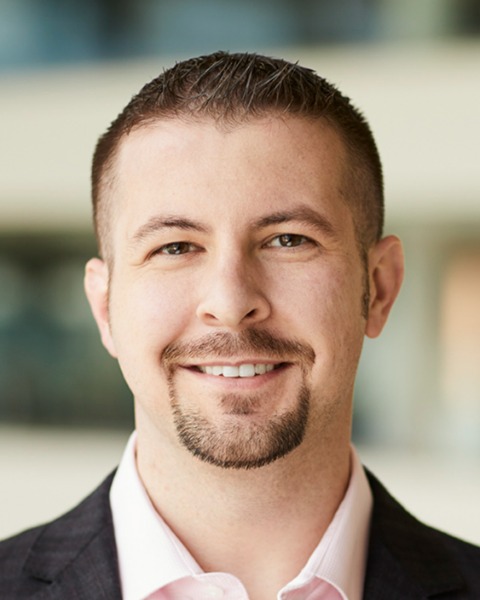Back
On-demand recording will be available 24hrs after the presentation.
Cellular Technologies
Disease-relevant cellular models for drug discovery
Screening cellular models of neurological disease
Monday, February 7, 2022
4:00 PM – 4:30 PM
Location: 210A

Paul Tesar, PhD
Professor
Case Western Reserve University School of Medicine, Ohio, United States
Disease, injury, and aging induce reactive astrocyte states with pathological functions. In neurodegenerative diseases, inflammatory reactive astrocytes are abundant and contribute to progressive cell loss. Modulating the state or function of these reactive astrocytes thereby represents an attractive therapeutic goal. Leveraging a cellular phenotypic screening platform, we show that chemical inhibitors of HDAC3 effectively block pathological astrocyte reactivity. Inhibition of HDAC3 reduces molecular and functional features of reactive astrocytes in vitro including inflammatory gene expression, cytokine secretion, and antigen presentation. Transcriptional and chromatin mapping studies show that HDAC3 inhibition mediates a switch between pro-inflammatory and anti-inflammatory states, which disarms the pathological functions of reactive astrocytes. Systemic administration of a blood-brain barrier penetrant chemical inhibitor of HDAC3, RGFP966, blocks reactive astrocyte formation and promotes axonal protection in vivo. Collectively, these results establish a platform for discovering chemical modulators of reactive astrocyte states, inform the mechanisms controlling astrocyte reactivity, and demonstrate the therapeutic potential of modulating astrocyte reactivity for neurodegenerative diseases.


